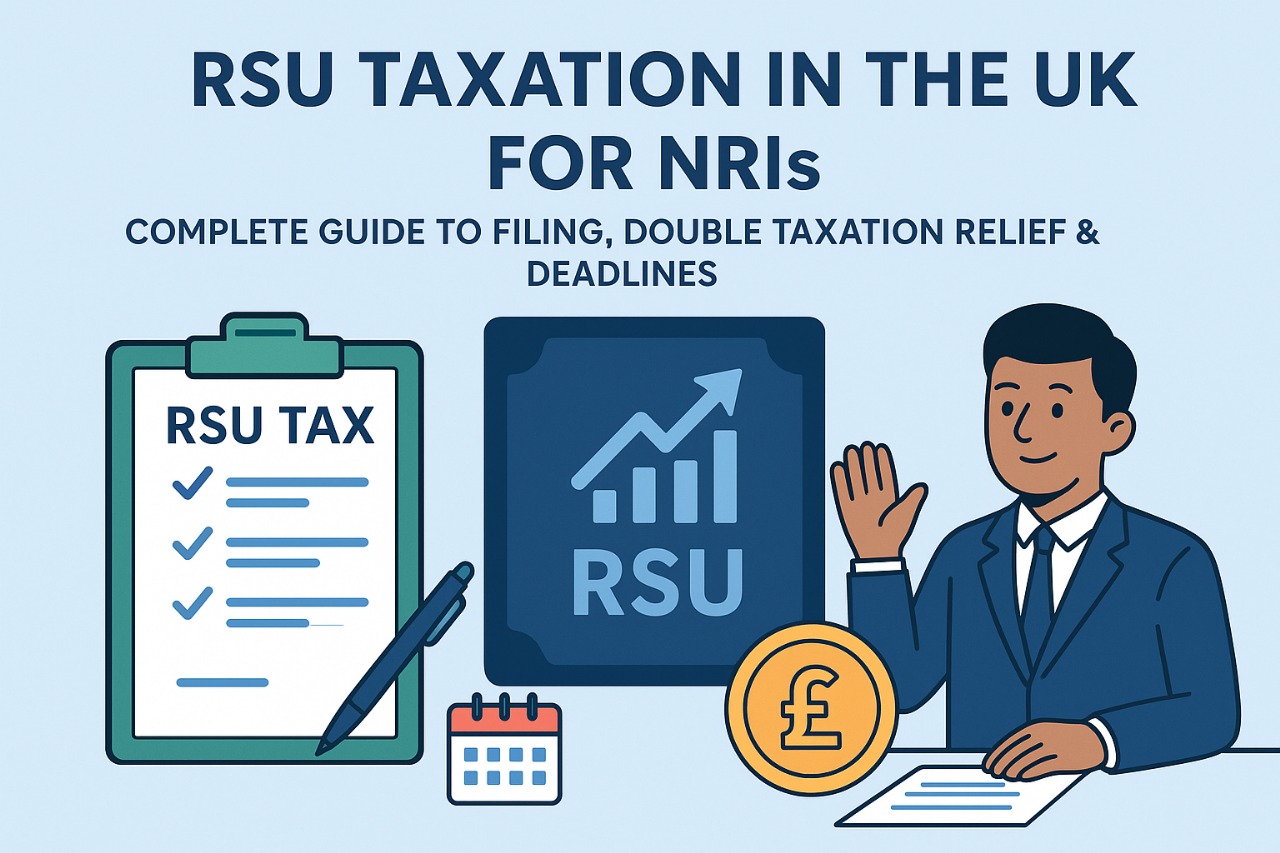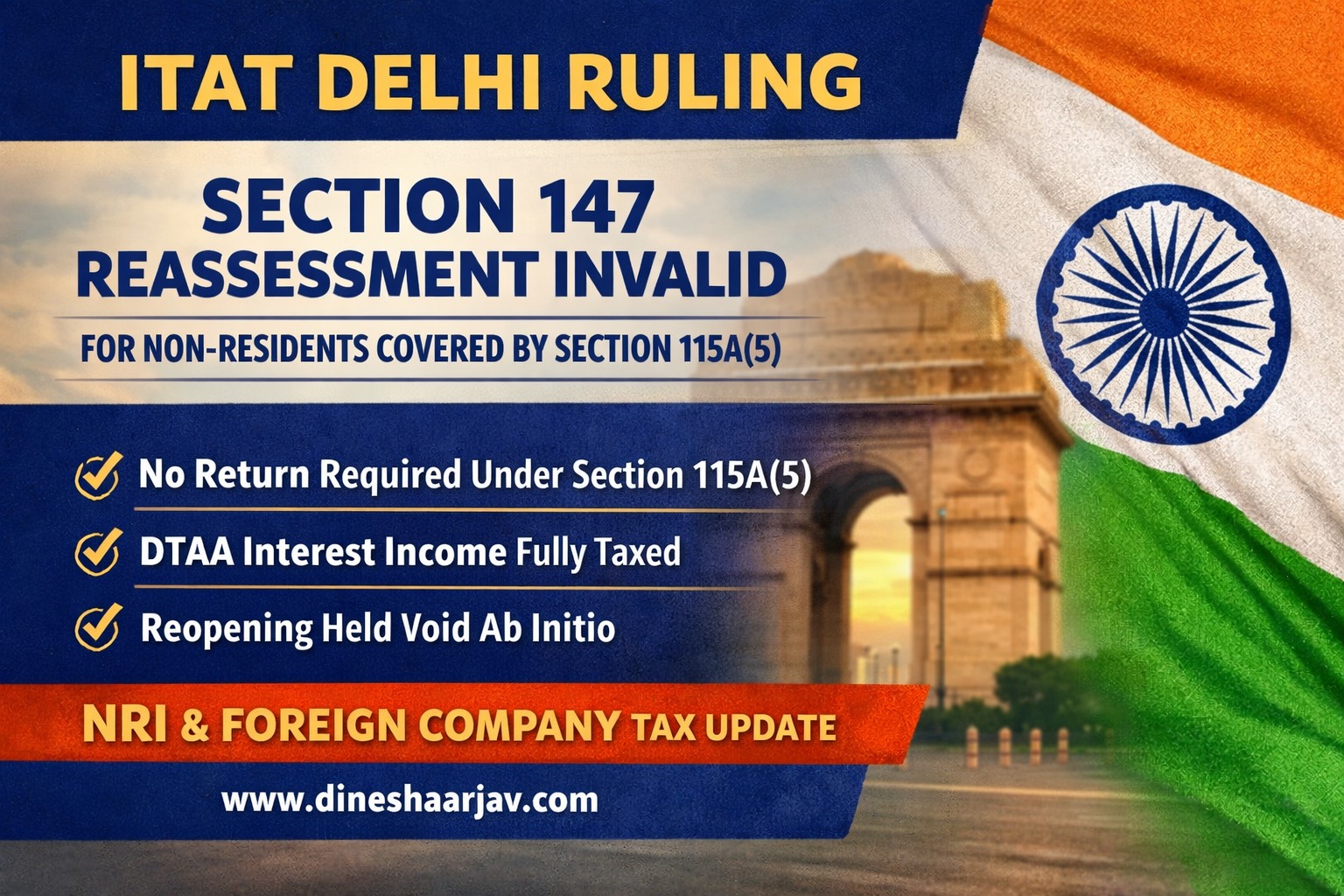 WhatsApp
WhatsApp
 Call Us
Call Us
 Email Us
Email Us
 Whatsapp Community
Whatsapp Community

Are you an NRI in the UK receiving Restricted Stock Units (RSUs) from your employer?
Global tech firms like Amazon, Meta, Microsoft, Google, and Intel offer RSUs as part of compensation, but many professionals struggle with the complex UK–India tax implications.
This blog explains everything NRIs must know about RSU taxation in the UK:
With the right approach, you can maximise your RSU benefits while staying fully compliant with HMRC and Indian tax laws.
Restricted Stock Units are employer-granted shares that vest over time. Unlike stock options, you don’t buy them—once they vest, you own them.
Key features:
Example: Granted 100 RSUs → vest 25 each year → taxed at vesting, then again if sold for a gain.
1. Grant of RSUs
No tax liability when RSUs are simply granted.
2. Vesting of RSUs (Most Important Stage)
At vesting, RSUs are treated as salary income.
Example:
100 RSUs vest at £50 each → £5,000 taxable income added to your payslip.
Your cost basis = value at vesting.
Selling price above that = Capital Gains Tax (CGT).
Example:
Non-residents are usually exempt from UK CGT on share sales.
But beware:
Most UK NRIs face RSU taxation in both the UK and India.
How to avoid double tax:
Correct FTC claims = no double tax on the same RSU income.
To file smoothly with HMRC and in India, NRIs should maintain:
For UK NRIs, RSUs are a valuable form of compensation but come with layered tax obligations. You’ll face:
By understanding HMRC rules, filing SA109, and claiming FTC correctly, you can stay compliant, avoid penalties, and reduce tax outgo.
Q1. Do NRIs pay UK tax on RSUs?
Yes—at vesting, RSUs are treated as employment income. CGT applies at sale if you are UK resident.
Q2. Are RSU sales taxed if I leave the UK?
Non-residents are exempt from CGT unless affected by the 5-year rule or UK property-linked shares.
Q3. How to avoid paying tax twice on RSUs?
Use the UK–India DTAA and claim Foreign Tax Credit (Form 67 in India).
Q4. What is the CGT allowance for 2025/26?
£3,000. Gains above this are taxed at 10% or 20%.
Q5. What are the RSU filing deadlines?
Register by October 5, 2025; online filing and payment by January 31, 2026.
At Dinesh Aarjav & Associates, we specialise in cross-border RSU taxation for NRIs. Through our NRI taxation services, from HMRC Self Assessment to Form 67 in India, our team ensures you never pay more than required.






